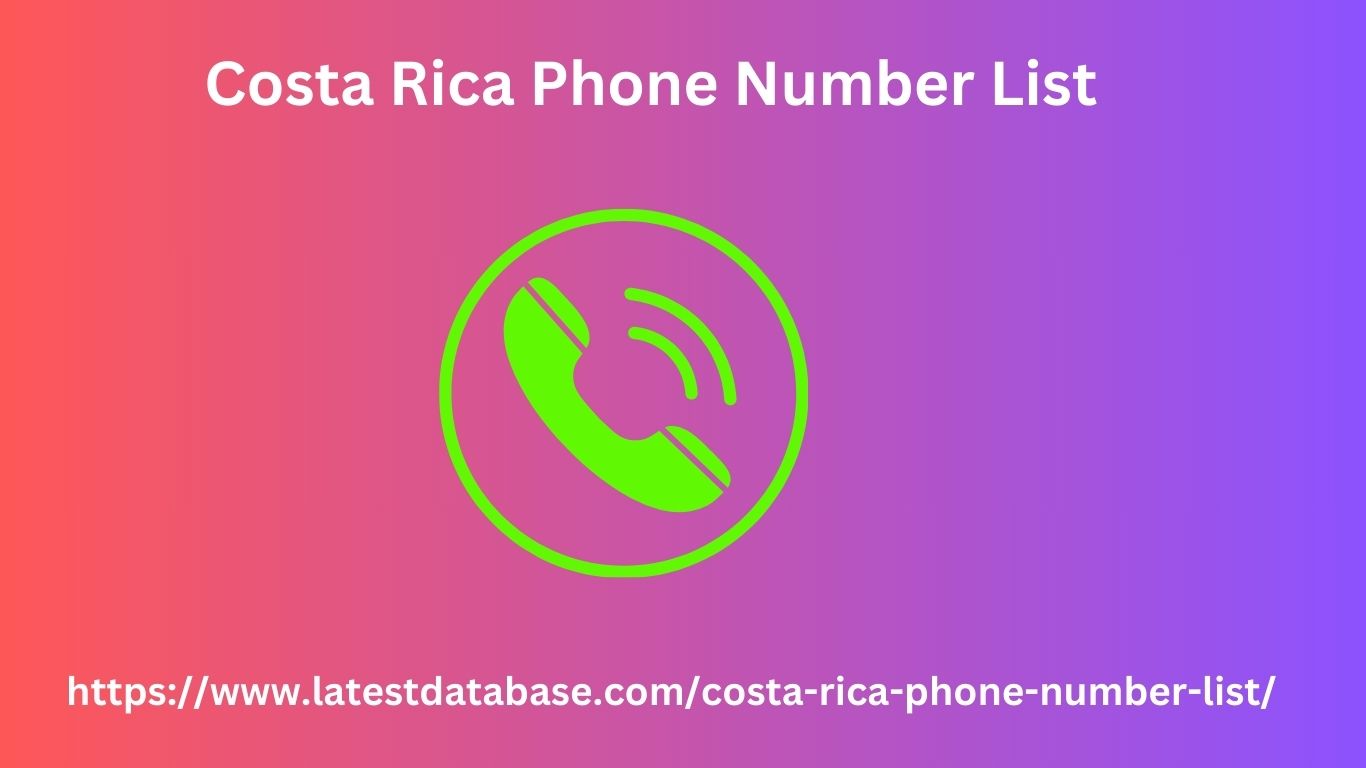|
|
keywords that your competitor's similar pages rank for can help you find related keyword opportunities. To apply this tactic, the SERPs are a great place to start, as you will want to analyze pages that are already ranking for the query. Run a search on a keyword and get a list of the top ten URLs (more if you want to dig deeper and find more keywords). Head over to Semrush's Organic Search tool and make sure you've selected the exact URL from the dropdown next to the URL bar. img-semblog .
This will allow you to look at data Costa Rica Phone Number List associated only with the URL you entered, rather than the entire domain, subdomain, or subfolder . Go to the “ Positions ” tab , and you will see all the keywords this page is currently ranking for, as well as its position in the SERPs. img-semblog In this example, the URL ranks for 1,213 keywords. Work on keywords and expand your list of related terms quickly and easily, with access to metrics including search volume, as well as keyword difficulty score. 4. Using Google Autocomplete and Related Searches Go to Google, enter your main keyword and scroll to the bottom of the SERPs. Do you see the “Related Searches” list?

It's a gold mine for finding related keywords, and it only takes a few seconds to build your list of other related searches people are doing. Related searches on Google SERP However, this is not the only way to use SERPs to discover keyword ideas. Google autocomplete is also a great way to find related search terms. To use it, simply enter a keyword in the search bar without pressing the search key. Google autocomplete How to use related keywords when creating and optimizing your content? Once you've identified a list of related keywords, here's how to use them as part of your content strategy .
|
|